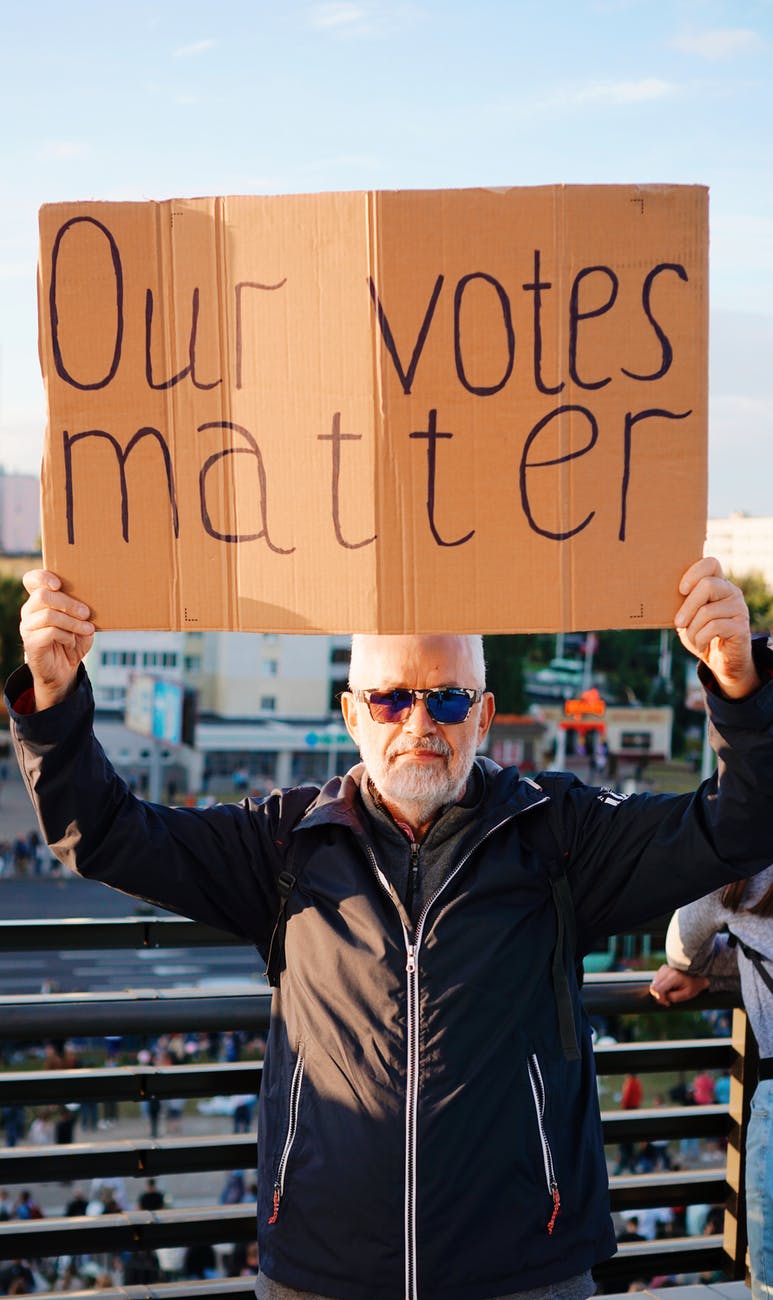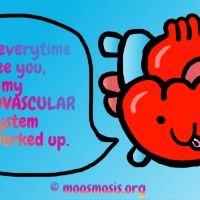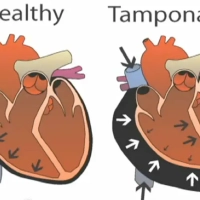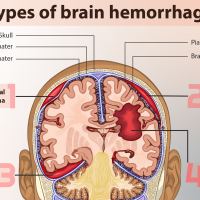The unjust murder of George Floyd on May 25th has sent waves throughout America and across the globe. This event, coupled with the coronavirus pandemic, has led many people to feel upset, angry, and overall confused about where to go from here.
Mental health is incredibly important in our day-to-day lives and must be brought up during this time of great pain and suffering. Below are top 5 tips on how to maintain healthy mental wellbeing and ways we can all reach out and help our communities.
Top 5 Tips on Maintaining Your Mental Health and Wellbeing

First, it’s important to understand that everyone reacts differently to certain situations.
During this pandemic, it’s understandable why healthcare workers and elderly people may be among the several groups who feel an added amount of stress. It’s crucial that we take into consideration the background of people and be considerate of their feelings. This is especially true for black communities and other people of color. African Americans have suffered numerous injustices throughout American history; it’s important to listen to their stories and understand their point of view during this time.

2. Take breaks from social media
Often times it feels hard to stay away from the news or social media – many people may feel they need to stay up to date with the news to stay informed, especially in the midst of a global pandemic and the rise of protest and police brutality. While it is important to be informed, we need to learn to take breaks from the media.
The media is incredibly overwhelming. Videos of police brutality and other acts of violence are difficult to watch, and it’s crucial to balance our desire to face the realities of the world while keeping our mental wellness in check.
Psychology Today advises that people should identify which sources of news are informative and which cause anxiety. Along with this, people should limit the amount of news they absorb daily; for instance, turning off the news at night and spending time with loved ones, or listening to music instead of the news.

3. Exercise and maintain physical health
The CDC recommends physical activity as a way to boost one’s mental health – even one workout session can reduce anxiety and fight off chronic diseases.
While it may be difficult to exercise while social distancing, there are great ways to get active in the comfort of your own home.
- Go outside (while social distancing, of course): Take a walk or jog around your area, go on a bike ride, or even tend to your garden.
- Implement your workouts into your everyday routine: Catching up on your favorite show? Try doing jumping jacks or crunches during commercial breaks or do some household chores.
- Separate time during your day for physical activity: The best time would be in the morning, but whenever you have a few minutes for working out is great, as well. Once you get a routine going, exercising will be just a regular part of your day.

4. Get a good night’s sleep
Ever since schools and certain jobs have gone remote, many people have seen a significant change in their daily routine, most importantly their sleep schedule. Since most people don’t have to wake up in the early hours and don’t have to spend as much time with their commute, they don’t feel the need to go to sleep at regular hours.
While it’s great to catch up on Netflix and YouTube during the early hours of the morning, the Harvard Medical School would advise against this change in routine. Sleep and mental health are strongly linked, and not getting enough can make you less energetic for the day ahead. If you feel tempted to stay up, try these tips to go to sleep and start your day on the right foot:
- Drink less coffee or soda at night time
- Stay away from screens at least an hour before bedtime
- Partake in physical activity during the day so you’ll be more tired at night
- Keep your bedroom dark; turn off all lights or light decorations that may distract you

5. Most importantly, reach out and talk to someone you trust
In the wake of Geroge Floyd’s death and the stress of the coronavirus pandemic, it is completely understandable why people may be feeling especially anxious or upset. Sha-Ronda Green, a licensed clinical social worker and mental health therapist, states that feeling saddened by the events happening in the world is completely normal, and if anything, makes you more human.
She also suggests talking to someone you trust or a professional to understand your feelings. Talking about your thoughts with a friend or having a family discussion about the events of the world are good first steps to overcoming any stress. During this time, it’s also very important to listen to the voices of activists and the black community and understanding their point of view. Educating ourselves on the history of oppression African Americans have faced is crucial to moving forward and creating change.
Ways to Help
Want to help push for change? Here are some simple, easy things you can do from home:
- Register to vote (if you’re of age): Visit vote.org and register to vote if you haven’t already. Your voice is powerful and you should be able to share your thoughts and create change.
- Sign petitions: There are many petitions online that are helping anti-racist organizations. Petitions are easy to sign and are a great way to use your voice.
- Donate: If you are able to, donating to anti-racist organizations and researching different organizations that may need money is a smart way to uplift your community.

Works Cited
“Should You Take a Break From The News?” Psychology Today, 2016, http://www.psychologytoday.com/us/blog/women-s-mental-health-matters/201610/should-you-take-break-the-news. Accessed 6 June 2020.
CDC. “Physical Activity Basics.” Centers for Disease Control and Prevention, 19 May 2020, http://www.cdc.gov/physicalactivity/basics/index.htm. Accessed 6 June 2020.
CDC. “Mental Health and Coping During COVID-19.” Centers for Disease Control and Prevention, 11 Feb. 2020, http://www.cdc.gov/coronavirus/2019-ncov/daily-life-coping/managing-stress-anxiety.html. Accessed 6 June 2020.
Harvard Health Publishing. “Sleep and Mental Health – Harvard Health.” Harvard Health, Harvard Health, 18 Mar. 2019, http://www.health.harvard.edu/newsletter_article/sleep-and-mental-health. Accessed 7 June 2020.
Reynolds, Kelvin. “Mental Health Worker Explains Why People May Feel Tired after George Floyd’s Killing.” Https://Www.Wbrc.Com, 5 June 2020, http://www.wbrc.com/2020/06/04/mental-health-worker-explains-why-people-may-feel-tired-after-george-floyds-killing/. Accessed 7 June 2020.
“Why Talking About Our Problems Helps So Much (and How to Do It).” The New York Times, 3 Apr. 2020, http://www.nytimes.com/2020/04/03/smarter-living/talking-out-problems.html. Accessed 7 June 2020.
Copyright © 2021 Moosmosis Organization: All Rights Reserved
All rights reserved. This essay or any portion thereof
may not be reproduced or used in any manner whatsoever
without the express written permission of the publisher.
Categories: education, health, humanities, psychology















1 reply »